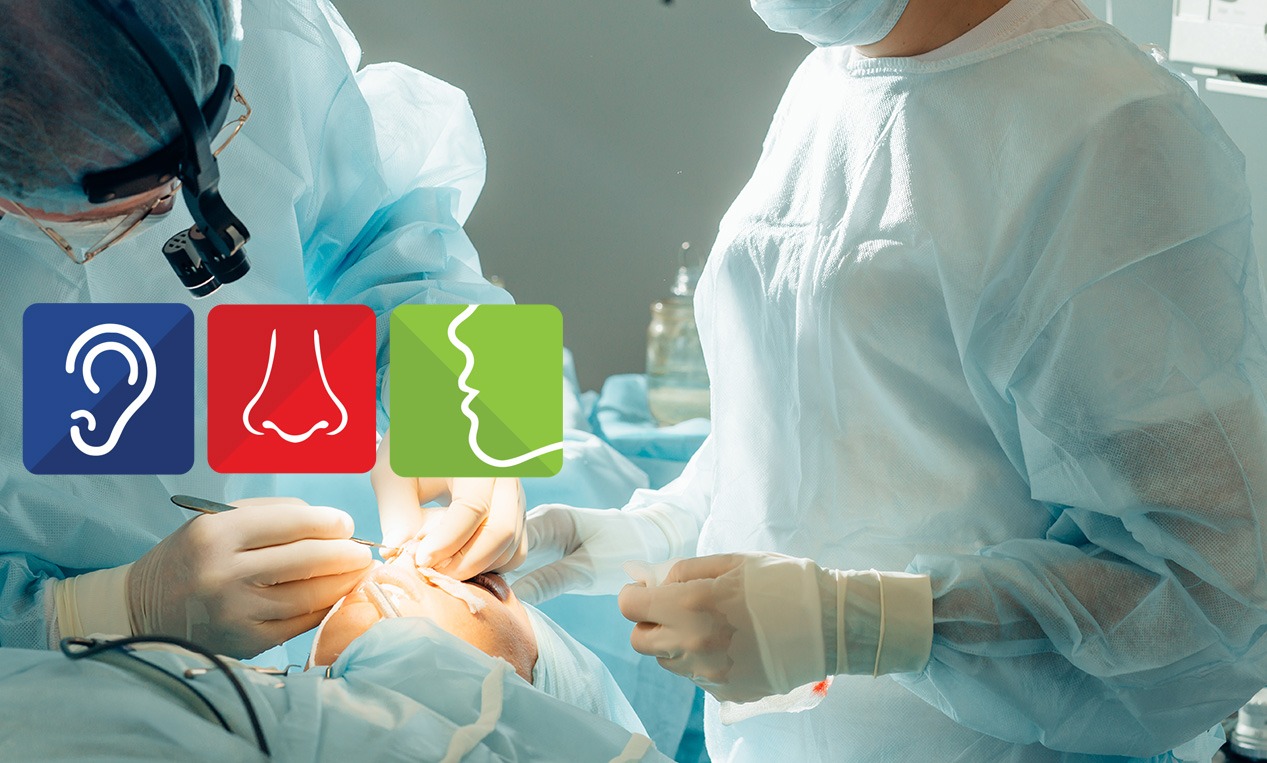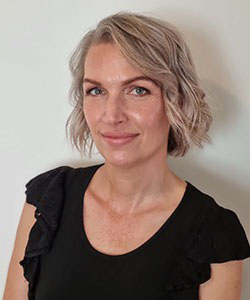Sophie Bradstreet
Sophie is a senior speech pathologist with over 20 years’ experience. She has worked throughout Australia, Ireland and the United Kingdom. She is a passionate and caring person and works closely with both patients and their families.
Sophie previously worked at the Austin Hospital where she co-ordinated the videofluoroscopy (VFSS) and fibreoptic endoscopic evaluation of swallowing (FEES) clinics. Both VFSS and FEES are considered advanced skills within the profession. She also established the FEES service at Box Hill Hospital, Eastern Health, and continues to work there in the acute hospital setting. She has worked throughout major metropolitan hospitals in the acute hospital, rehabilitation and outpatient settings.
Sophie has particular expertise in:
- Swallowing problems (dysphagia)
- Speech and voice disorders
- Chronic cough
- Globus (the feeling of something ‘sticking’ or ‘stuck’ in the throat)
- Communication impairments
She also sees a diverse range of patients, including those with:
- Neurological conditions (for example, Parkinson’s disease)
- Stroke
- Respiratory illness
- Rheumatological conditions
- Head and neck cancer
- Neurosurgical patients
- Gastroenterology patients
- Professional voice users (for example, teachers, singers)
Sophie assesses patients with an initial consultation that incorporates carefully selected and evidence-based outcome measures. These standardised tools can then track progress throughout treatment and be used to establish individual patient goals.
Assessment may also involve performing a FEES study, which provides useful information about the throat and voice box anatomy, secretion health and function of the muscles during swallowing. This involves a fine diameter flexible scope linked to a video screen being passed through the nose into the throat to see the voice box and upper aerodigestive tract (the same as that performed by the ear, nose and throat surgeons she works with). Special manoeuvres can be trialled during this process. This allows for ‘biofeedback’, where patients can see their own anatomy and function and make changes that result in improvement. Patients can trial these manoeuvres in ‘real time’, watching the changes to their swallow or speech on the screen, as they incorporate therapeutic changes. This has been shown to improve patient outcomes.
Treatment may involve specific swallowing exercises and techniques, modifying diet and initiating specific manoeuvres or techniques to help with swallow or speech. It may also include different types of voice therapy and voice exercise, tailored individually to each patient. Review appointments can be scheduled after the initial assessment and focus on evidence-based intervention techniques.
Sophie has presented on a national level on swallowing disorders and is committed to evidence-based medicine that drives her practice. She holds a Bachelor degree in Speech Pathology from the University of Newcastle and is a certified member of Speech Pathology Australia. She also has two boys who keep her active and well educated on various avengers and star wars topics.


